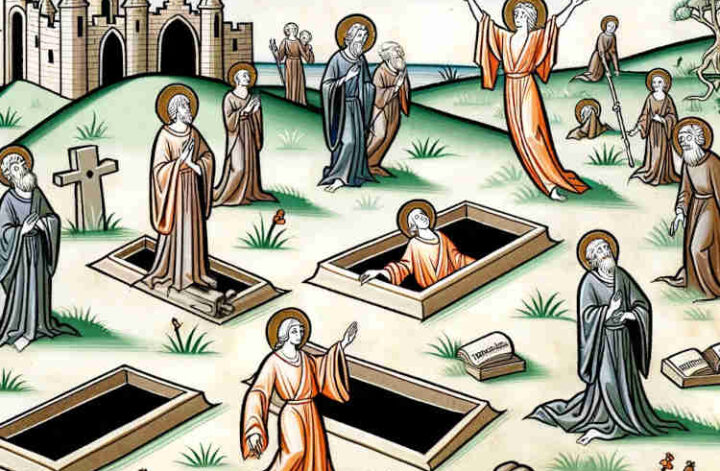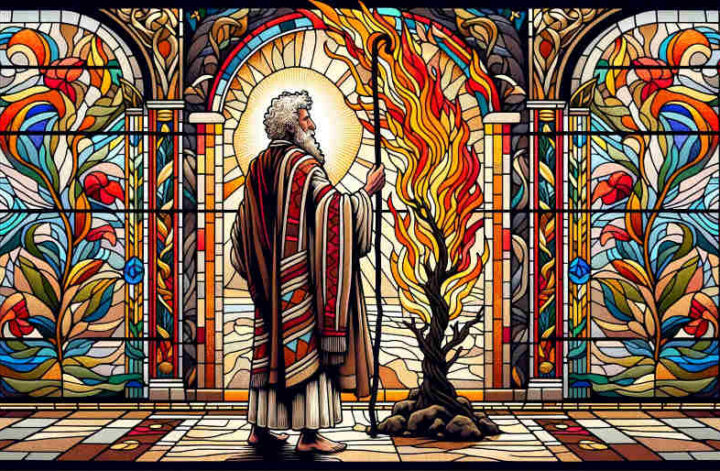Hello,
In my moments of reflection, the question of what lies beyond this life frequently stirs in my heart. As a Christian, what do we believe happens when we pass from this world? I eagerly await your guidance to better understand the teachings of our faith on this profound subject.
Blessings,
Elena
The Destiny of the Soul in Christian Doctrine
Dear Elena,
Your question is one of great depth and concern for many, as it touches upon the ultimate destiny of every human being. Christian belief on what happens after death is multifaceted and varies among different denominations, but certain core tenets are widely held within the faith.
The Immediate State Post-Death
Many Christians believe that upon death, the soul is immediately met by God’s presence. This belief is supported by scriptural references, such as the words of Jesus to the thief on the cross: “Today you will be with me in paradise” (Luke 23:43). This suggests an immediate transition to a new form of existence with God.
There is also the concept of the ‘particular judgment’, where the soul stands before God and receives judgment based on faith and deeds. The outcome of this judgment is believed to lead to one of three possible states: heaven, hell, or a temporary state of purification called purgatory — the latter being a doctrine specific to Catholicism.
The Communion of Saints and the Resurrection
The Apostles’ Creed, professed by many Christian denominations, speaks of the ‘communion of saints’. This is the fellowship between the living and the dead, united in Christ. It affirms that our relationship with God and with one another continues beyond death.
Furthermore, Christianity proclaims the resurrection of the body, a belief that at the end of time, all the dead will be raised. This doctrine is rooted in the resurrection of Jesus Christ, which is seen as the firstfruits of those who have fallen asleep (1 Corinthians 15:20). It is a resurrection to a transformed existence where death is no more.
Eternal Life with God
The ultimate hope for Christians is eternal life in the presence of God. Heaven is often described as a place of no suffering, pain, or sorrow, where believers are in full communion with the Divine. It is portrayed as the final fulfillment of all God’s promises, the ultimate end and goal of our existence.
Diverse Interpretations within Christianity
While these beliefs are commonly held, interpretations can vary. Some denominations have more detailed doctrines about the afterlife, while others prefer to leave such matters in the realm of mystery, emphasizing the importance of living a life in accordance with Christ’s teachings and leaving the details of the afterlife in God’s hands.
It is crucial to recognize that, while there are diverse opinions and theological nuances, the central Christian conviction is the hope of everlasting life, grounded in the love and mercy of God and the redemptive act of Christ.
In your contemplation, Elena, may you find comfort in the promise of Jesus: “I am the resurrection and the life. The one who believes in me will live, even though they die” (John 11:25).
In faith and hope,
Theophilus


